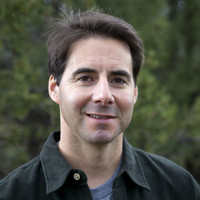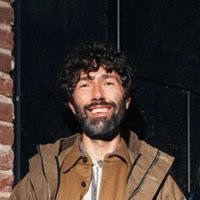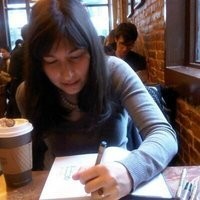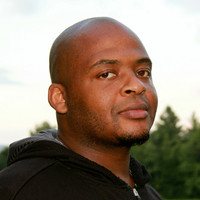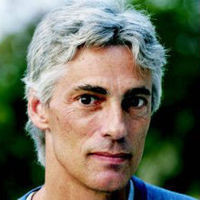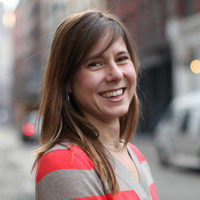Albert Samaha is an investigative journalist and the deputy inequality editor at BuzzFeed News. His book Concepcion: An Immigrant Family's Fortunes comes out in October.
“I don’t think any child of the recession will ever not feel precarious. And being in journalism makes that even more so. ... At this point I’ve embraced the precarity of working in this industry. I’m sure at some point it’s going to be grating for people to hear me talk about how precarious and insecure I feel. … But I’ve got too many friends who are way too talented, who can’t use that talent in the ways that they are passionate about, for me to ever feel like my place in this industry is fully cemented.”
Thanks to Mailchimp and CaseFleet for sponsoring this week's episode.


